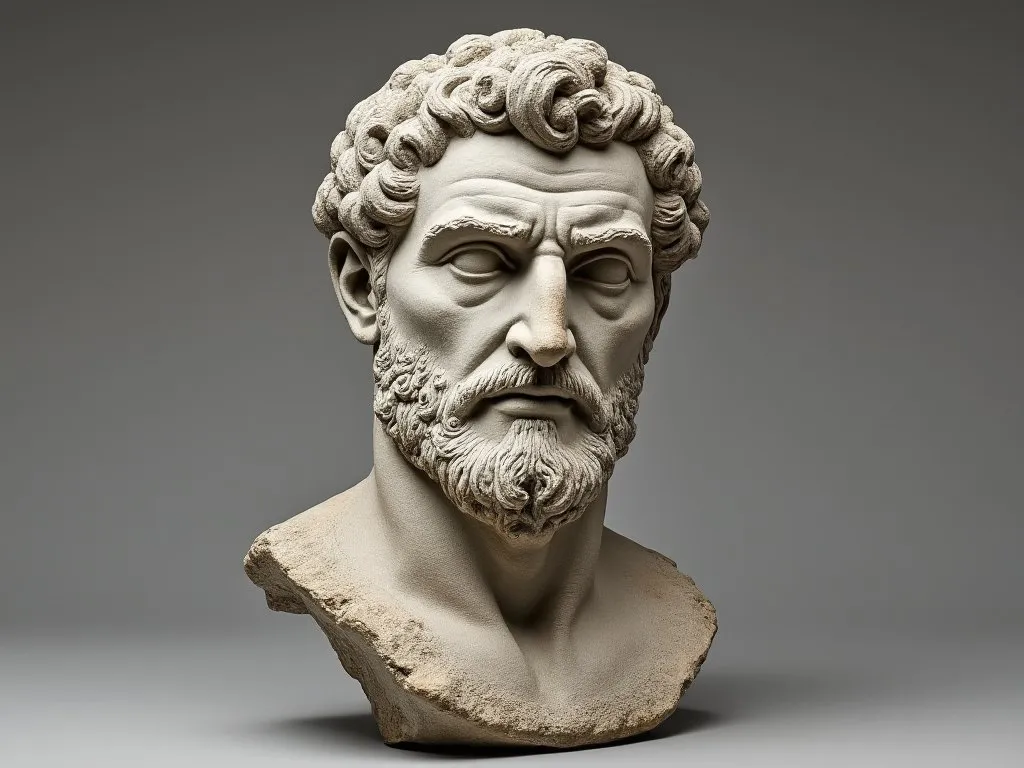Anyone who enters politics for no other reason than to obtain power should be the last one granted it, for these types throughout history always become the most dangerous. Dictators and despots, megalomaniacal kings and petty tyrants all have pursued political power out of nothing more than a Machiavellian desire to rule and conquer others, perhaps to satisfy some empty void within themselves but never out of a sense of service — or anything that makes them look beyond themselves and their own times. Political power is different from power in the private sector where ambition is often rewarded, and where ambition and success tend to go hand and hand. By contrast, in politics, ambition is a corrupting influence that if left unchecked almost invariably leads to tyranny.
To our collective misfortune, Kamala fits the latter characterization perfectly: her private life is otherwise empty – no children, a marriage seemingly born of political convenience, no well-defined religious beliefs or discernible relationship with God. She is a careerist driven by rank ambition, stupidity, and arrogance – which, for society, is the ultimate recipe for disaster.
It is a sad but bitter truth that Kamala never formed a meaningful personal identity outside of the political realm. At this late stage in her life, she necessarily and irresistibly depends on politics, like an alcoholic depends on liquor, for all her life’s meaning and purpose. Whereas true civic virtue, at its highest formulation, is defined by self-sacrifice and a sense of moral responsibility, Kamala’s words and deeds present an image of a woman animated by all the wrong reasons: greed, lust, envy, ignorance — without a hint of deference for the virtues of sacrifice or duty.
She is living testimony of the timeless quote “absolute power corrupts absolutely,” and has all the warning signs of a tyrant in the making – arguably more than any other presidential candidate in living memory because she is so devoid in substance and authenticity. In short, she lacks humanity. The deep-seated insecurities she has reinforce her sense of dependency on the political realm, which is to say, they underscore her desperate need to cling to power indefinitely, for without that power she lacks any sort of tangible identity.
Fortunately, an alternative model for political power exists. This is one exemplified by those great politicians and statesmen who reluctantly leave private life in service to the public, much like Donald Trump. These are the types that any society should want to lead because for them politics is never the be and end all — and certainly not a conduit to find greater meaning or self-fulfillment. Thus, their expectations for politics are tempered by a realistic view of what politics can offer. This pragmatism returns an agenda driven by commonsense more than any particular ideology or creed, which is to the collective benefit of the community.
Those who already derive meaning and purpose within their private affairs — through a combination of work, family, and religious faith — possess these things in abundance long before ever giving a thought to a second career in politics.
For these types, politics more often than not is seen as a necessary hindrance and obstacle — what, in the past may be described as moral duty or sacrifice — that requires of them to temporarily put aside their private passions in pursuit of a civic responsibility. In this regard, they resemble the soldier drafted into combat to protect his people — he acts not because he loves war, but understands his duty to fight in service to the greater good. And yet, the noble type described enter the fray — be it battle or politics — in spite of everything because they hear the call that both their times and society demand of them — and respond accordingly.
The American ideal of the presidency lends itself to the Roman ideal of the Cincinnatus figure – the fabled nobleman who leaves the farm to enter higher office, motivated by a sense of deeper purpose and loyalty to the common good, only to forsake the absolute power he was given afterwards. At which point he returns again to the proverbial farm — a symbol of private life — once the danger comes to pass. It is one thing to exercise political power responsibly; but to be given absolute power, and then relinquish that power upon recognition that one’s service is completed, stands as the ultimate act of humility — and the defining hallmark of political greatness.
In our times, only one man encapsulates that Roman ideal — which is also the American ideal — for statesmanship: Donald Trump. And that is because he actually did it: he left his fortune and creature comforts of private life for the chaos — and unique dangers — of our time’s frenzied political arena.
Therefore, only he is best equipped for and should become president of the United States, for only he can understand what those responsibilities mean at their fullest — which is to say, what man can achieve when his sights are set at their highest, tempered by the lessons amassed over a lifetime of dealing in all sorts of trials and tribulations, in settings both public and private life.
Those experiences comprise the essence of political wisdom. And Donald Trump, having divined that wisdom — through experiences accumulated over decades — is better positioned than any other politician alive today to rescue this country from its present troubles, and from the abyss that Kamala Harris — and the political class who overwhelmingly shares her selfish political temperament — seeks to plunge our country into.
The post Ingrassia: Donald Trump, Our Cincinnatus appeared first on The Gateway Pundit.
This article may have been paraphrased or summarized for brevity. The original article may be accessed here: Read Source Article.









